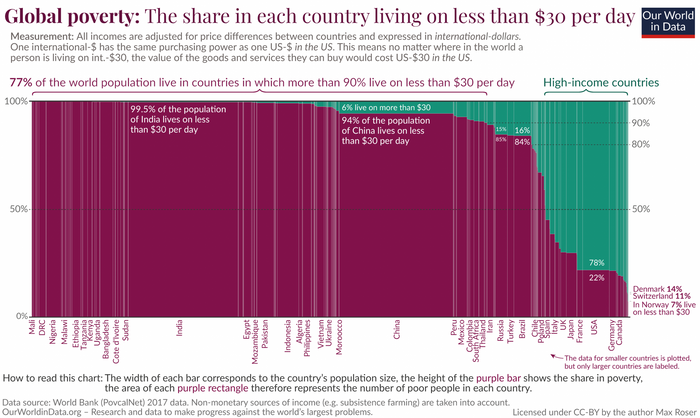Good morning, this is Kasmira, and today we're covering work underway to write the rules on deep-sea mining and worries among scientists that policymakers are moving too fast.
In other news, the world's biggest investment body says that global standards are still missing to unite individual country efforts on sustainable finance. And companies are making progress in combatting deforestation - but they're not moving fast enough, says a new report. |
|
Sustainable business & finance news
|
|

Relicanthus sp.—a new species from a new order of Cnidaria collected at 4,100 meters in the Clarion-Clipperton Fracture Zone (CCZ) that lives on sponge stalks attached to nodules. Image courtesy of Craig Smith and Diva Amon, ABYSSLINE Project.
|
|
🌳 Companies’ deforestation promises fall short.
Hundreds of big companies pledged to stop deforestation by 2020, but only four truly followed through, according to a report out last week from CDP, a nonprofit that tracks corporate commitments. The report shows the need for increased action in the seven key commodities that drive the most agricultural deforestation globally: timber products, palm oil, soy, cattle products, rubber, cocoa and coffee.
Grist (EN)
|
|
Here's what else is happening
|
|
How much economic growth is necessary to reduce global poverty substantially?
The total size of the global economy would need to be more than five-times larger than currently to substantially decrease global poverty, according to estimates by Our World in Data founder and director Max Roser. Adjusted for the purchasing power in each country, 85 per cent of the world population live on less than $30 per day. For global poverty to decline substantially, economies that are home to the poorest billions of people need to grow, he says in this blog post in which he works through different scenarios to achieve this.
Our World in Data (EN)
|
|
|
GS news is a new media project covering the world of international cooperation and development. Don’t hesitate to forward our newsletter!
Have a good day!
|

|
|
Avenue du Bouchet 2
1209 Genève
Suisse
|
|
|
|









